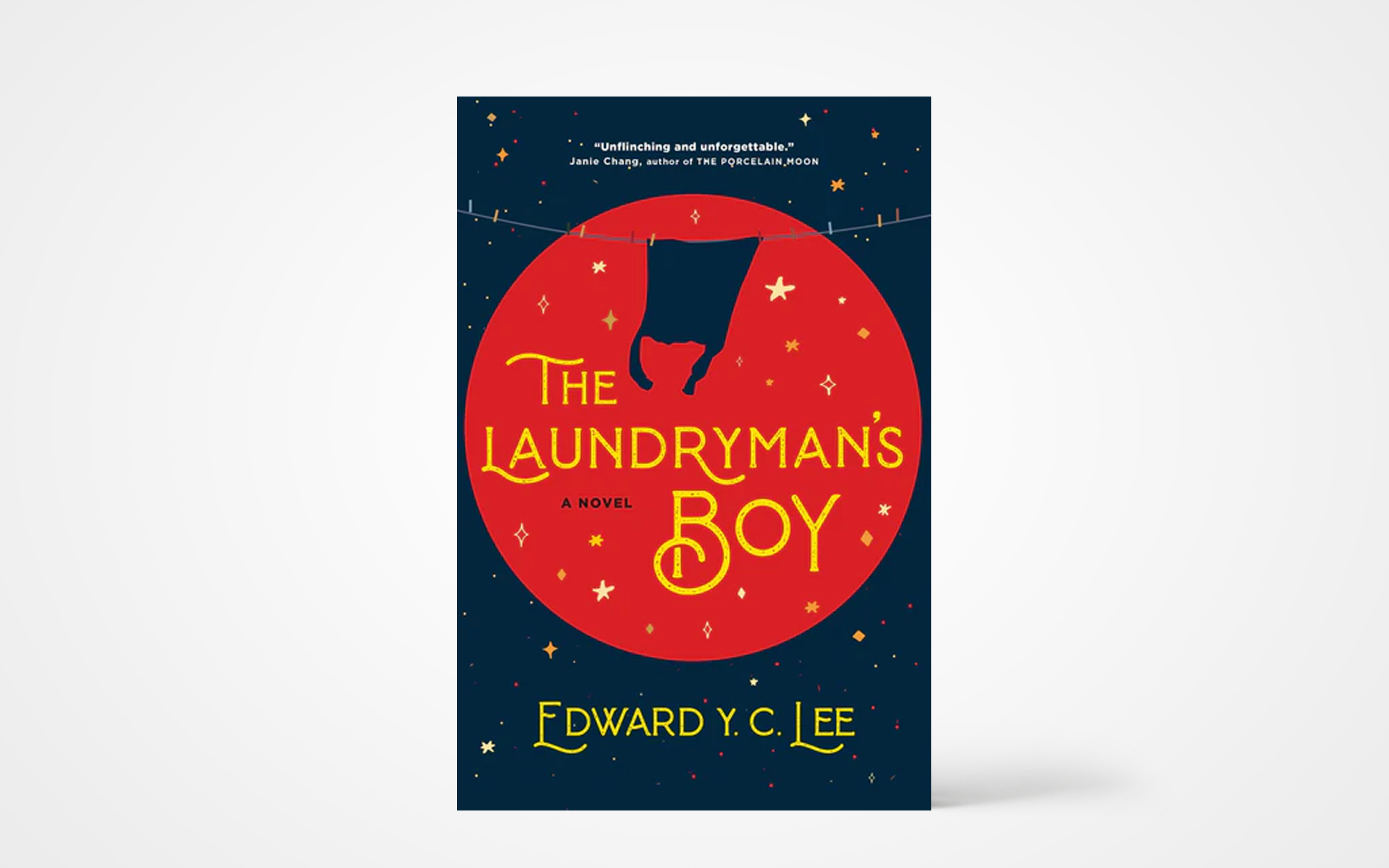In the fall of 1913, 13-year-old Hoi Wing Woo’s father sends his son from their home in a village in China to work in a Chinese laundry in St. Catharines, Ont.
Friendless and bullied throughout his childhood, Hoi Wing had borne the taunts of the villagers deriding his father—whom they sarcastically called Ying the Scholar because he had failed the Imperial Examinations—and his mother, whose background was cloaked in secrecy. Ever since he had been able to understand the villagers’ insults, Hoi Wing had wondered why his father had failed his exams and who his mother really was.
Now, working 16 hours a day for Elder Uncle and Second Uncle in the Sam Kee Luk Chinese Hand Laundry, Hoi Wing feels a sense of dislocation like never before. Though he had been harassed in his native village, now he encounters increased hostility and death threats by marauding gangs of children and malicious adults. His inability to understand the language of the lofan—white people—and his struggles to find his way through a hostile city while picking up dirty laundry and delivering the clean articles add to his feelings of confusion and displacement.
When Hoi Wing is attacked by hateful children, he asks Second Uncle, “Is it always like this here?” Second Uncle replies, “I won’t lie to you. This land has never welcomed us. We’ve had to scrap and fight for every crumb we’ve ever earned.”
Though Hoi Wing initially fears Elder Uncle and his strict demands, the boy soon begins to see that the man is not who he appears to be. Hoi Wing realizes “the world was just as his father had taught him. Nothing was ever what it first seemed, and understanding was only gleaned through quiet observation, contemplation, and study.”
In the same way that Hoi Wing has to rethink his opinion of Elder Uncle, he also begins to reconsider his thoughts about the lofan, as he meets Heather, an Irish scullery maid about his age, receives the support of two white women who confront bullies and open up opportunities for Hoi Wing’s education, and meets white men who care about justice.
As Hoi Wing and the three other Chinese laundrymen confront the hatred of Jonathan Braddock, the leader of the Asiatic Exclusion League who stirs up mobs to attack the Chinese men, they discover help in unexpected quarters and resiliently continue to forge their future.
Edward Y. C. Lee’s debut novel is a masterpiece of characterization, plotting, and exploration of a shameful period in Canadian history (particularly in the city in which I have lived for more than 40 years). Despite how this novel exposes the sobering reality of racism and its impact, this reader found herself optimistically cheering for Hoi Wing as he encounters, for the first time, deep friendship, as he learns to fight his battles with dignity, as he finally understands his parents’ histories, and as he finds a true home in the Sam Kee Luk Chinese Hand Laundry.
(HarperAvenue)
About the Author
Sonya VanderVeen Feddema is a freelance writer and a member of Covenant CRC in St. Catharines, Ontario.

